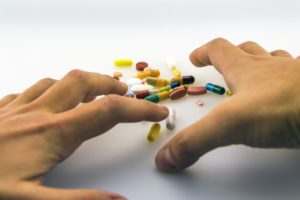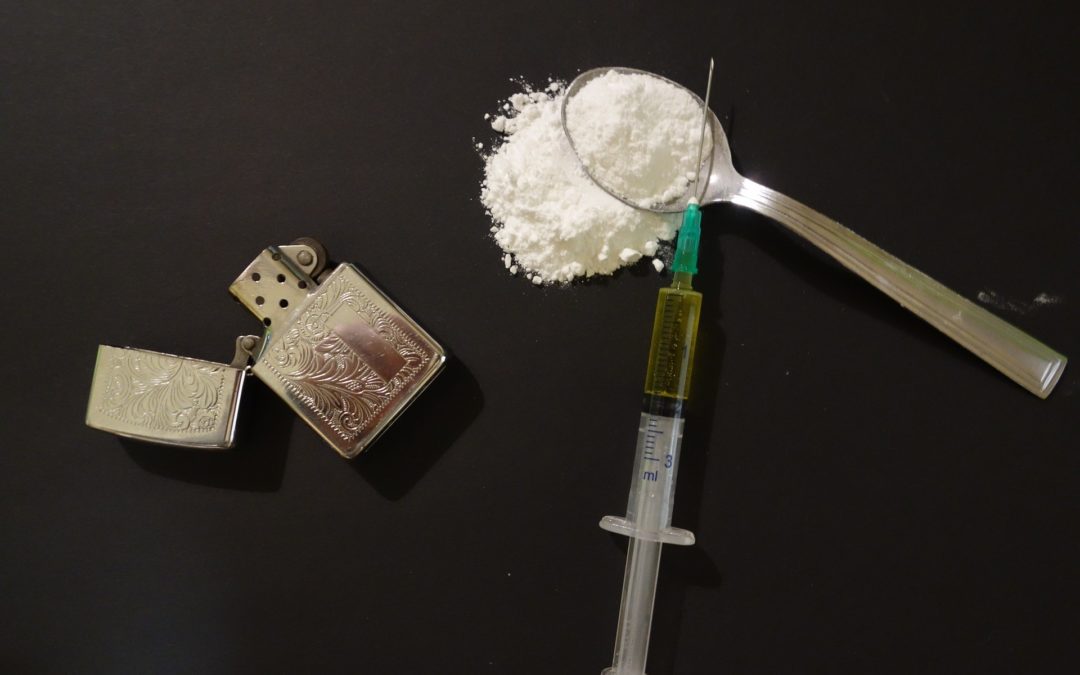There’s a new ally in the War on Drugs, one that could be the change that we all want to see in the world: a tiny inhaler in the pockets of police officers. What’s in the tiny inhaler is Narcan, a branded form of Naloxone, a narcotic that’s been proven effective against death by opioid overdose. The plastic vial that holds 4 milligrams of the product has already saved the lives of at least 400 people in Arizona alone.
Narcan Legislation
The use of Narcan by police officers, though, is actually written into law – and this law passed with a strong and immediate effect. By 2017, Governor Doug Ducey, not to mention hundreds of grieving Arizona families, had had enough of the long string of opioid overdose deaths in his state, and took a dramatic measure. To protect as many people as possible, he declared a state of emergency in response to Arizona’s portion of the nation-wide opioid crisis. This included a measure that required Narcan to be regularly available and free of cost to the many police forces in the state who carry, and are trained in the use of, Narcan.
 One year after Governor Ducey signed the declaration of emergency, 400 people had been rescued from overdose deaths by Narcan, as reported from over 60 different law enforcement departments across the state. Less than ten people who received the drug during an overdose emergency did not survive. These odds are incredibly encouraging – while people living with opioid addiction will definitely need medical attention, this could have some tangible, positive effects for those in serious need of rehabilitation. Considering that it takes a very miniscule portion of Fentanyl, the present opioid of choice to opioid abusers, to sedate and kill a person, the stakes to rescue people abusing opioids are very high. While the State of Arizona continues to improve because of this life-saving program, spreading the life-saving drug from department to department, there are still a couple of outliers. The Phoenix Police Department, for example, isn’t carrying the drug, despite their jurisdiction including Tempe, home of the University of Arizona. College campuses are a dangerous place for those who abuse drugs, especially alcohol.
One year after Governor Ducey signed the declaration of emergency, 400 people had been rescued from overdose deaths by Narcan, as reported from over 60 different law enforcement departments across the state. Less than ten people who received the drug during an overdose emergency did not survive. These odds are incredibly encouraging – while people living with opioid addiction will definitely need medical attention, this could have some tangible, positive effects for those in serious need of rehabilitation. Considering that it takes a very miniscule portion of Fentanyl, the present opioid of choice to opioid abusers, to sedate and kill a person, the stakes to rescue people abusing opioids are very high. While the State of Arizona continues to improve because of this life-saving program, spreading the life-saving drug from department to department, there are still a couple of outliers. The Phoenix Police Department, for example, isn’t carrying the drug, despite their jurisdiction including Tempe, home of the University of Arizona. College campuses are a dangerous place for those who abuse drugs, especially alcohol.
Downsides of Narcan
As strong an ally as Narcan is, there are drawbacks to using the drug. Narcan can trigger withdrawal symptoms with a very sudden and startling onset. Some of the reported side-effects of Narcan include body aches, fever, and weakness. While there’s no need for a prescription in the field, those who are living with opioid addiction must get the prescription from their doctor, though it is possible that the drug will be free through most insurances. If you’re asking your doctor for this rescue drug, though, be prepared for your doctor to intervene out of concern for your health.
To administer the drug, though, you don’t have to be a doctor, or a police officer. In fact, the Arizona Attorney General’s office has held training for clergy members, and some EMTs are taking the unusual step of teaching other first responders how to correctly use the drug. The action is prompted from sheer practicality: the opioid crisis won’t be resolved overnight, no matter how many nasal inhalers are used. But having more people who are able to safely administer the drug takes a huge load off of EMTs, but without heavily burdening others.
What is truly remarkable about the use of Narcan by law enforcement is the evidence of a clear cultural shift. This reflects a change in attitude toward the treatment of people living with addiction. For generations, the cultural attitude toward people living with addiction was one of blame, hostility, and avoidance. This, of course came primarily from a widespread ignorance about the fact that addiction is a disease, and not simply a string of bad choices. With this proactive effort to save lives, as opposed to immediate and swift condemnation, the War on Drugs can slowly become exactly what it should be: a War on Addiction.

